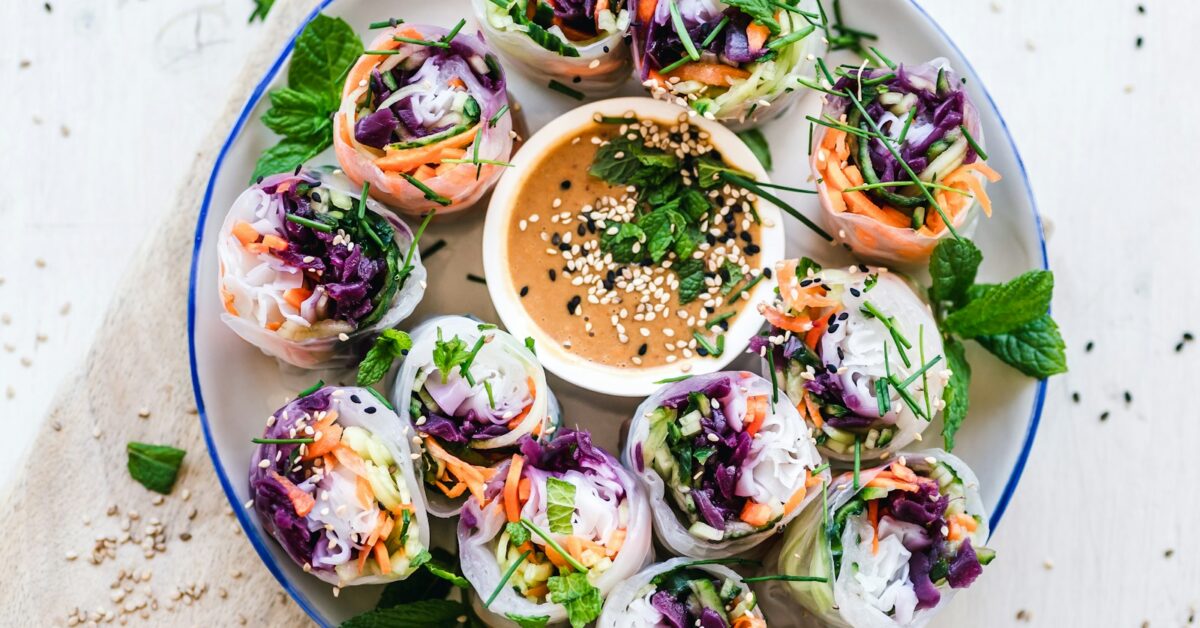Do vegans get sick?
Introduction
Veganism, a lifestyle that excludes the consumption of animal products, has gained significant popularity in recent years. While many people choose to adopt a vegan diet for ethical or environmental reasons, concerns about potential health risks often arise. This article aims to explore the question: do vegans get sick? By examining scientific research, case studies, and statistics, we can gain valuable insights into the health implications of a vegan lifestyle.
The Nutritional Concerns
One of the main concerns regarding veganism is whether it provides all the necessary nutrients for optimal health. However, with proper planning and a well-balanced diet, vegans can meet their nutritional needs. Here are some key considerations:
- Protein: Contrary to popular belief, it is possible to obtain sufficient protein on a vegan diet. Plant-based sources such as legumes, tofu, tempeh, and seitan are rich in protein. Additionally, whole grains and nuts also contribute to protein intake.
- Vitamin B12: Vitamin B12 is primarily found in animal products, and its deficiency can lead to anemia and neurological problems. Vegans should ensure they consume fortified foods or take supplements to meet their B12 requirements.
- Iron: Plant-based sources of iron, such as lentils, spinach, and tofu, can provide adequate amounts of this essential mineral. Combining iron-rich foods with vitamin C sources, like citrus fruits or bell peppers, enhances iron absorption.
- Calcium: While dairy products are a common source of calcium, vegans can obtain this mineral from fortified plant-based milk alternatives, tofu, leafy greens, and sesame seeds.
- Omega-3 fatty acids: Vegans can obtain omega-3 fatty acids from flaxseeds, chia seeds, walnuts, and algae-based supplements. These sources provide the essential fatty acids EPA and DHA, which are crucial for brain health.
Health Benefits of a Vegan Diet
Research suggests that a well-planned vegan diet can offer numerous health benefits:
- Heart health: Studies have shown that vegans tend to have lower blood pressure, cholesterol levels, and a reduced risk of heart disease compared to non-vegans. This is attributed to the high intake of fruits, vegetables, whole grains, and the absence of saturated fats found in animal products.
- Weight management: Vegan diets are often associated with lower body mass index (BMI) and reduced obesity rates. The emphasis on whole plant foods, which are generally lower in calories and higher in fiber, can contribute to weight loss and weight management.
- Diabetes prevention: Plant-based diets have been linked to a lower risk of developing type 2 diabetes. The high fiber content and low glycemic load of vegan diets help regulate blood sugar levels and improve insulin sensitivity.
- Cancer risk reduction: Some studies suggest that vegans may have a lower risk of certain types of cancer, including colorectal and prostate cancer. The abundance of antioxidants, phytochemicals, and fiber in plant-based diets may contribute to this protective effect.
Case Studies and Statistics
Examining real-life examples and statistical data can provide further insights into the health outcomes of vegans:
- The Adventist Health Study: This long-term study involving over 96,000 participants found that vegans had a 16% lower risk of all-cause mortality compared to non-vegetarians. Vegans also had lower rates of hypertension, diabetes, and high cholesterol.
- Case study: Dr. Caldwell Esselstyn: Dr. Esselstyn, a renowned cardiologist, conducted a study on patients with severe heart disease. By adopting a whole-food, plant-based diet, his patients experienced significant improvements in heart health, with some even reversing their condition.
- Statistics on vegan athletes: Numerous vegan athletes have achieved remarkable success in their respective sports. For example, tennis player Venus Williams, ultra-marathoner Scott Jurek, and bodybuilder Nimai Delgado have all thrived on a vegan diet, debunking the myth that vegans lack strength or endurance.
Conclusion
Contrary to common misconceptions, a well-planned vegan diet can provide all the necessary nutrients for optimal health. By addressing potential nutritional concerns and ensuring a balanced intake of protein, vitamins, and minerals, vegans can thrive and enjoy numerous health benefits. The evidence from scientific research, case studies, and statistics supports the notion that vegans can maintain good health and reduce the risk of chronic diseases. As with any dietary choice, it is essential to approach veganism with knowledge and proper planning to reap the full benefits of this lifestyle.
